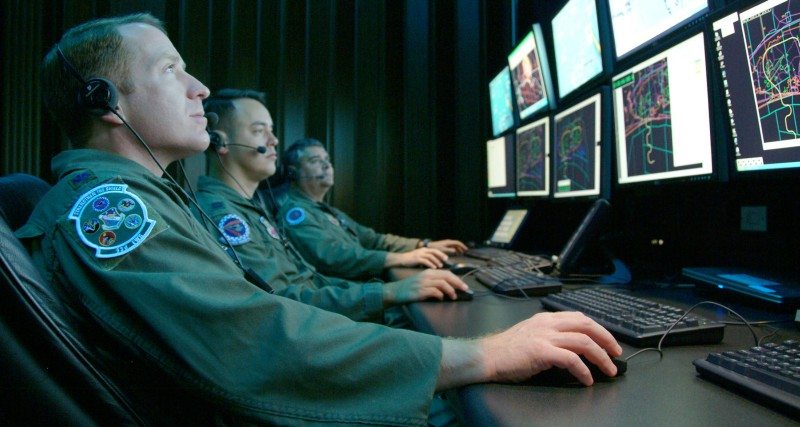America and Australia plan to add cyber warfare to their countries’ joint defense treaty to reflect the “battlefield of the future,” according to US Defense Secretary Leon Panetta.
He told reporters that defense and foreign ministers from each country will Thursday issue a joint statement on the topic at an alliance meeting in San Francisco.
Pentagon officials said it was the first time cyber warfare had been formally addressed in any bilateral US defense treaty, although the NATO alliance has focused on cyber threats.
“It’s in large measure a recognition of what I’ve been saying time and time again, which is that cyber is the battlefield of the future,” Panetta said aboard his plane before arriving in San Francisco for the US-Australia conference.
The Pentagon chief also suggested America and its allies would have to look at offensive operations in the digital arena, a subject US officials have been reluctant to speak about in detail.
“We are all going to have to work very hard not only to defend against cyber attacks but to be aggressive with regards to cyber attacks as well,” he said.
“The best way to accomplish that is not only on our own but working with our partners,” he added.
Panetta said the talks with Australian officials would also look at bolstering cooperation on space and missile defense projects.
The US alliance with Australia has taken on increasing importance amid growing concern in Washington over China’s expanding military power in the Pacific.
US intelligence agencies also say a series of digital intrusions on American targets originated out of China.
Although the US military presence in Asia for years focused on the Korean peninsula and Japan, former defense secretary Robert Gates vowed last year to shift more forces to southeast Asia, including the possible sharing of ports and bases with Australia.
The allies are looking at “increasing US access to Australian training, exercise and test ranges, potential pre-positioning of US equipment in Australia, greater use by the United States of Australian facilities and ports,” said a senior defense official, who spoke on condition of anonymity.
The two countries were moving towards a final decision on expanding the US military presence, with an announcement possibly by the end of the year, according to the official.
“We’re not looking to establish bases,” he said. “We’re looking for increased ability for training, access and cooperation. This is about enhancing our posture in the Asia-Pacific.”









